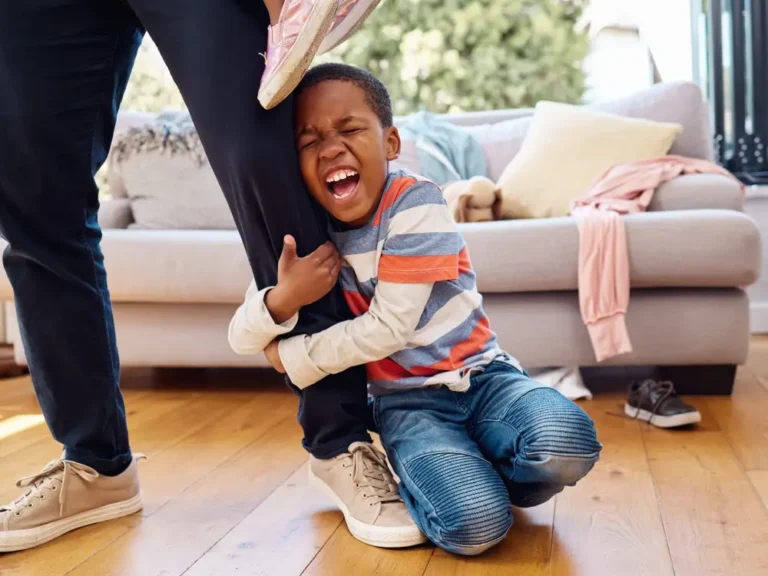My mom was a Russian mail-order bride. Here’s what it was like growing up.

This as-told-to essay is based on a transcribed conversation with 31-year-old Katya Suvorova. Born in Moscow, she is the daughter of a Russian mail-order bride and now lives in Seattle. The following, detailing her upbringing and how she has come to terms with it, has been edited for length and clarity.
My parents got married in 1992, and I was born in Moscow in 1993. They divorced shortly afterward.
In the 1990s, after the collapse of the Soviet Union, everybody was trying to leave Russia.
My mom decided to become a mail-order bride to find a better life in the West.
I was three years old, and we lived in Moscow. Some of the information I have is a bit vague, but my mom was somehow involved with the mafia, so it was particularly difficult for her to obtain a marriage visa.

Katya Suvorova in Moscow, 1990s
She told an American guy she was talking to, “Hey, I know we can’t get a marriage visa, but we’ve got to get out.”
She got my biological dad to sign a permission slip allowing me to leave the country under the guise that it was just for a short-term trip.
We fled to Mexico, and the American guy helped us cross the border illegally.
And so we wound up in a new life in California.
The industry yields all the power and information to the men.
The brokerage companies that marketed mail-order brides gave all control to the men.
You would pay to be included in catalogs along with your address and phone number.
Prospective customers could access all the addresses, numbers, and everything else.
The men would pay the company if they found a match, or they could just pay for access to the catalog.
Deciding to marry a stranger and pay for a marriage visa is like purchasing someone. The men usually don’t know these women or have only met them a handful of times.
The men then bring them here, to places like America, which is what the women want. It’s convoluted and complicated.
I often get asked whether I think this is right, and honestly, I don’t know.
It’s scary and also feels like it’s fetishizing Eastern European women. I observed that with my mom and her partners throughout the years.
A turbulent childhood
My mom quickly left the American man who first brought us into the country.
After that, my life was a string of stepdads. My mom has had three marriages here and a few long-term relationships.
Having a child didn’t hold my mom back from finding a husband.
Women like my mom are desperate to help themselves and their kids, and these men want to feel powerful; they want helpless women.
I’ve noticed a pattern I didn’t know existed until I started making TikToks about my story. Other women whose mothers were mail-order brides have started reaching out, and there’s a common thread of abuse involving the children.
A lot of people who have messaged me have said they were sexually assaulted and abused by their stepfathers.
Men attracted to young women who keep silent are also likely to be attracted to the women’s kids. That makes sense because it’s all the same traits. Their victims are quiet, do as they’re told, and are helpless.
Language also plays a huge role in this. The women often don’t speak English well, and the children don’t know how to advocate for themselves.
It makes me scared for women with children who are in such situations today. You have to question the men’s ulterior motives.
Women and children bear the brunt of instability in their home countries
With ongoing conflicts, women and children are the ones impacted most and trying to leave their countries. In Ukraine, Russia, and Gaza, people are trying to get out.
Women always do what they need to do to protect their families.
I wish there were more resources. Instead of just having background checks for prospective “buyers” or husbands, maybe access to international lawyers would help.
There needs to be more resources because when you come here as a foreigner and don’t know the language, you’re so isolated.
We’re so detached from our culture and our family. The guy controls everything we do, including when we talk to our families and our friends. The community aspect is so important.
Everybody I talk to who grew up under similar circumstances seems to have a mental health issue.
Obsessive-compulsive disorder (OCD) often stems from post-traumatic stress disorder (PTSD). I have severe OCD, including really bad looping thoughts. And a lot of people I know who shared similar upbringings also have OCD.
Seeking help and moving forward
I’ve been in therapy for seven years now. I’ve done a lot of EMDR, which is a type of therapy where your eyes follow a light bar as you process your most traumatic memories. It’s like exposure therapy.
It helps you become desensitized to your memories. So, I can talk about my turbulent upbringing without being triggered at all.
Having a healthy relationship, TikTok, writing my memoir, EMDR, and therapy have helped me be introspective and not live the same crazy life as my mom.
I love my mom so much. And I recognize everything that she’s done for me.
But as soon as I left home when I was 18, I knew I could never go back.
I live a boring life in Seattle now, and I haven’t talked to my mom in seven years.
She was brave in a lot of ways. When I broke up with her, I think she was a little bit proud of me because she knew she was messed up.
She knew that I wanted a better life, and so she thought, “My kid is doing what I could never do to have it; my kid is making hard decisions.”
Despite everything, I’m so glad I’m here, even through my unstable childhood. There are just so many more opportunities I have here.






